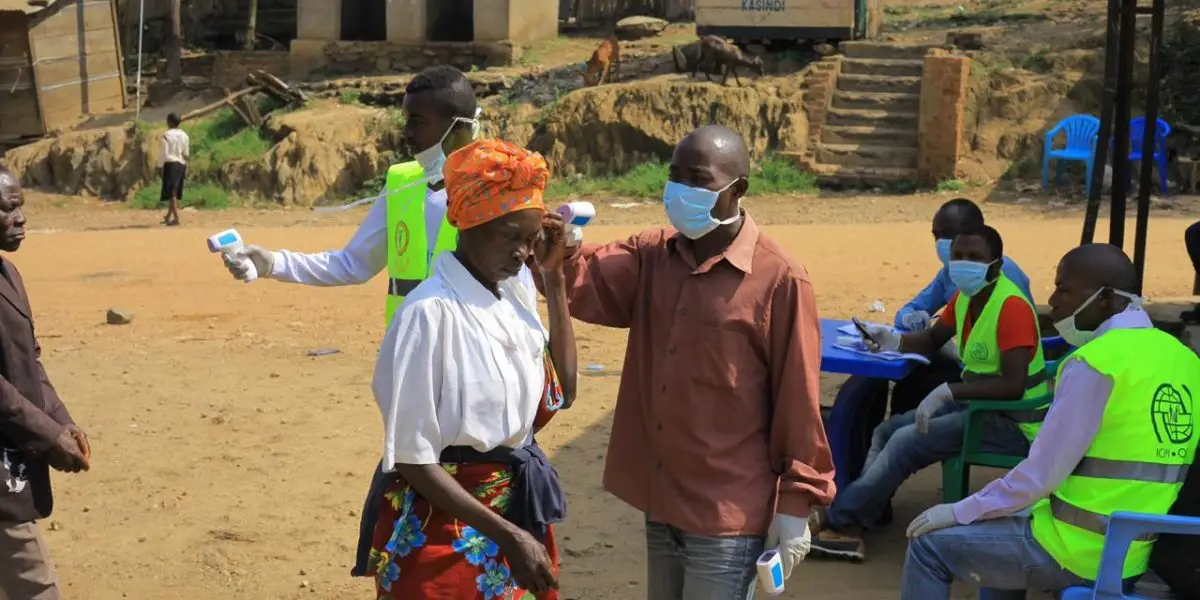The African Union Member States (AU MS) face significant health threats, particularly infectious diseases, due to its overstretched public health systems and infrastructure. Despite Its remarkable improvements and growth in health sector service delivery in recent times, the African continent remains under-resourced. At the same time, the continent bears over 24% of the global disease burden while providing only 3% of the global health workforce and spending less than 1% of the world’s financial resources on health.
Emerging and re-emerging infectious diseases, such as Ebola Virus Disease (EVD), Marburg, Rift Valley fever (RVF), Crimean-Congo Hemorrhagic Fever (CCHF), and COVID-19, alongside natural disasters and humanitarian crises, continue to pose substantial health, security, and economic challenges in Africa. The high mobility of people, animals, and goods across the continent in light of globalization exacerbates the spread of infectious diseases through formal and informal Points of Entry (PoEs), underlining the necessity for robust early detection of infectious diseases, emergency preparedness and response, infection control programs and enhanced capacity for healthcare workers at national and regional levels which will improve the early warning and response systems.
Africa Centres for Disease Control and Prevention (Africa CDC), the public health institution of the African Union, recognizes the critical need to address health challenges and emergencies effectively across the continent. In response to these health challenges Africa CDC has developed a continental strategic framework to strengthen cross-border surveillance, coordination, and information sharing among AU MS.
This continental strategic framework is designed to address the increasing frequency and magnitude of cross-border public health threats in Africa, which are driven by population movements, globalization, and human, animal and environmental interactions within the ecosystems. The framework aims to strengthen and improve cross-border surveillance, coordination, collaboration, and information sharing among AU MS, focusing on points of entry (PoE), including airports, seaports, land borders and adjoining communities.
The key objectives of the framework include enhancing coordination and governance, building capacities at PoEs, improving data sharing mechanisms, strengthening risk communication, and monitoring population mobility patterns across AU MS. This Africa CDC strategic framework will also bolster the continent’s preparedness and response to health emergencies, contributing to the overall resilience and robustness of public health systems in the AU MS.
Download: Strengthening Cross-Border Surveillance and Information Sharing in Africa
Distributed by APO Group on behalf of Africa Centres for Disease Control and Prevention (Africa CDC).



